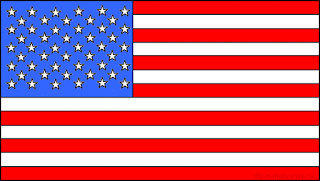Innovation is Crucial to Success: Antiracism is Crucial to Innovation

“It is our duty to fight for our freedom. It is our duty to win. We must love each other and support each other. We have nothing to lose but our chains.” Assata Shakur American Hero and Revolutionary Innovation is so much more than technology! True innovation will only come when we break the incestuous cycle of white supremacist knowledge production. We need new voices and those voices are standing right here. Real innovation will come when people who created Hip-Hop, Jazz, Rock and Roll--when the people who created flavor in American cuisine and who pretty much generate American culture throughout the continent are involved in information production and knowledge creation. Indigenous, Black, Brown, and other people of color will create a groundswell like never before once they are allowed to fully function within the academy. We will change education's structures, its techniques, its goals, its meaning. We are the harbingers of change and we are here...








